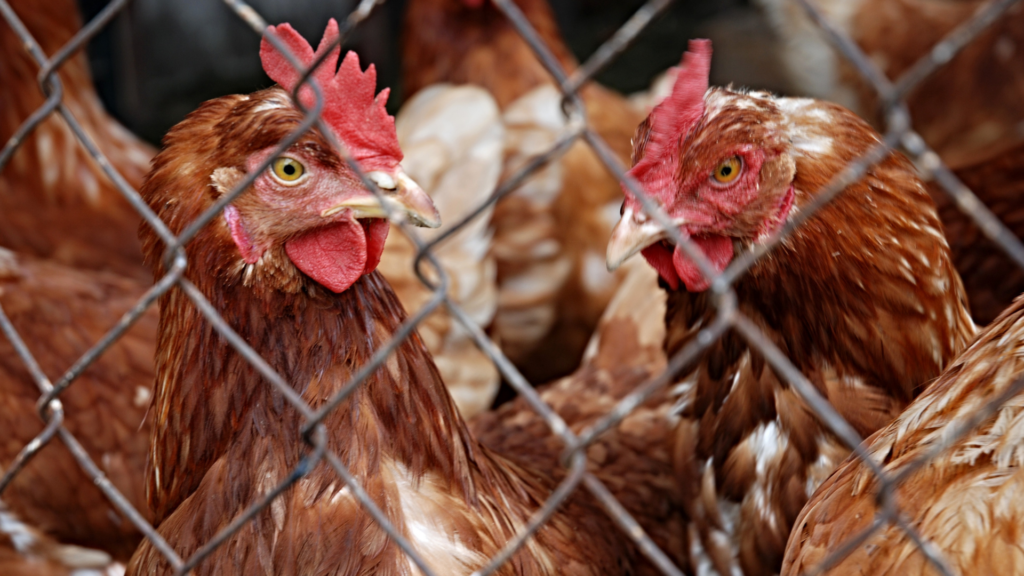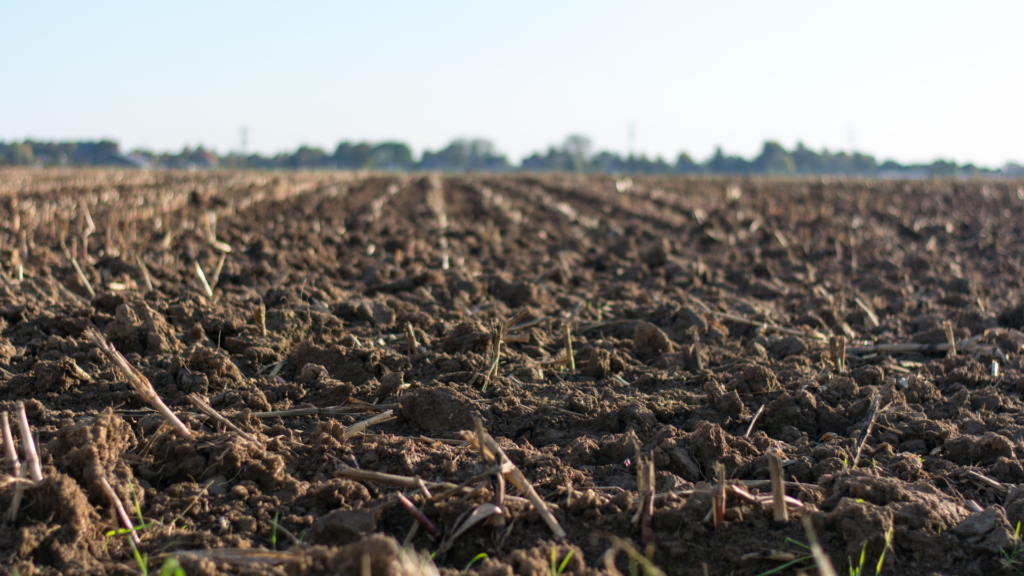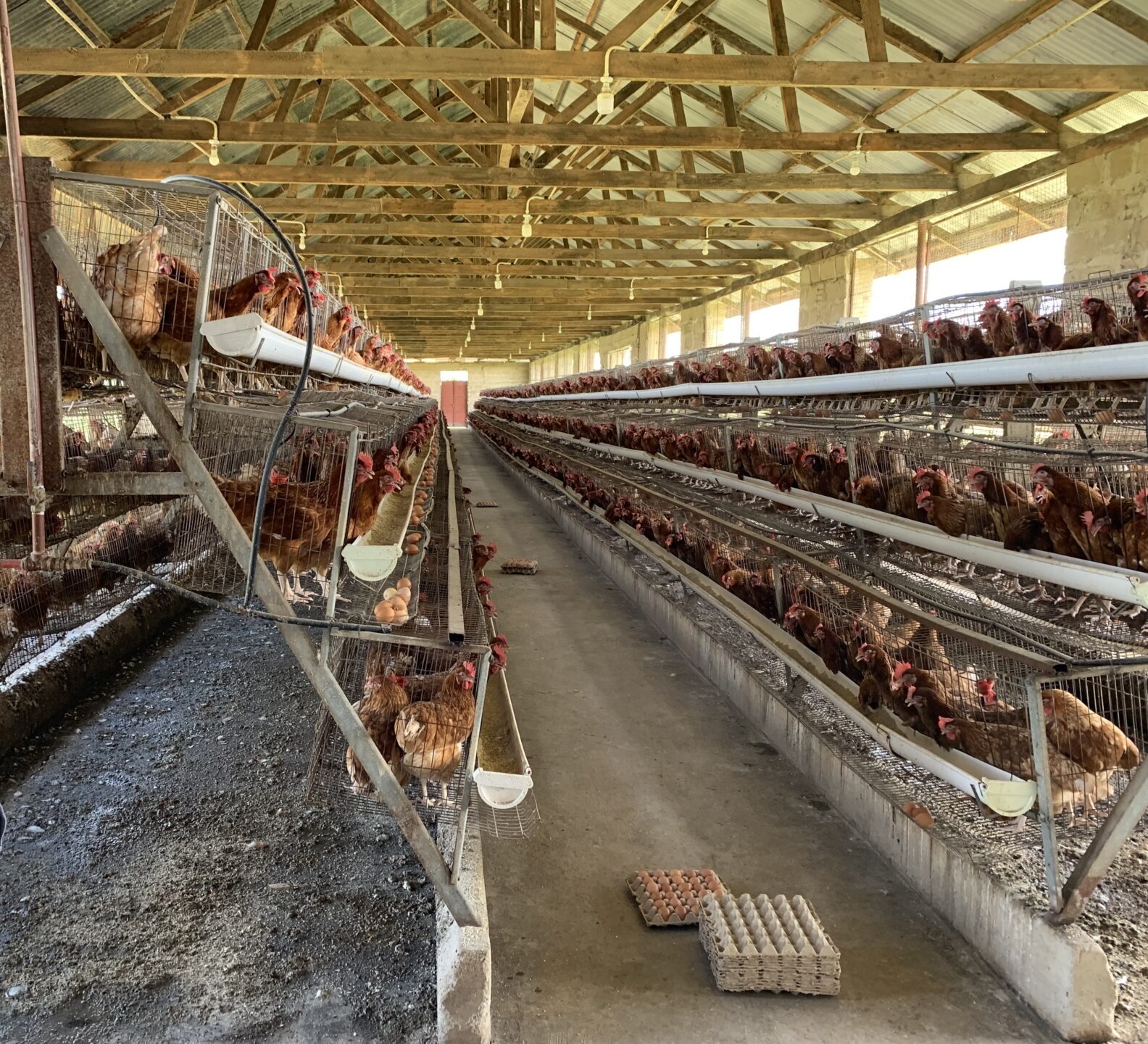Combating antimicrobial resistance and antimicrobial residues in the Zambian poultry sector
Context
In response to the call made by the World Health Organization (WHO) in 2015, Zambia developed its National Action Plan (NAP) in 2017. The NAP was informed by a 2016 Situational Analysis,
which looked at antimicrobial resistance (AMR) and antimicrobial use in the human, animal and plant sectors.
The Zambian NAP mirrored the WHO’s Global Action Plan with a focus on:
- Raising awareness and knowledge of AMR among practitioners and communities
- Strengthening surveillance and research
- Improving infection prevention and control (IPC) practices
- Improving optimisation of antimicrobial use (AMU)
- Making an investment case for diagnostics and new treatments
Zambia has made some strides in implementation of its AMR National Action Plan and the support from ICARS has come at an opportune time to augment the gains made so far in the fight against AMR.
Dr Anna Songolo, Permanent Secretary, Ministry of Fisheries and Livestock
Problem
Growing consumer demand for poultry products in Zambia has resulted in non-prudent antimicrobial use on farms, with the intent to prevent and treat poultry diseases for growth optimization and maximising profits. While Zambia has made progress against antimicrobial resistance (AMR), limited actions have been implemented to encourage farmers and veterinary personnel to use antimicrobials in a more prudent manner, and there are no treatment guidelines for poultry diseases in Zambia.
Antimicrobial use in poultry production is complex with several actors involved in prescribing, sales and use. To create change we must better understand these behaviors and suitably tailor interventions. This project will develop interventions to target and engage numerous actors, in order to have impact at the farm level to help contain and tackle AMR in Zambia.”
Erica Westwood, Senior Science Advisor
Project overview
The aim of this project is to reduce antimicrobial use in broiler production and residue presence in broiler meat.
We will establish 8 farmer field schools in two provinces of Zambia (Copperbelt and Lusaka) and measure the schools’ impact on antimicrobial use, residue presence and farmer knowledge, attitudes and practices. Measuring antimicrobial use will involve testing antimicrobial presence in commercial feeds. Economic analyses will also be carried out to quantify the economic impact for the farmers of participating in the schools and implementing what they learn (eg biosecurity measures that prevent diseases).
A second intervention will consist of developing and disseminating treatment guidelines and training veterinarians on how to use these guidelines. This intervention will complement the farmer field schools to reduce antimicrobial use and residues.
Outcomes
Together, these interventions are intended to improve farmer practices, reduce non-prudent antimicrobial use in farms and residue presence in broiler meat. We will provide measurable data to make a case to policy makers and community actors for sustaining and scaling up the farmer field school programme, if proved impactful.
Facts
Region: Africa
Sector: Food & Feed
Country: Zambia
Type: Project
Country partners: Ministry of Fisheries and Livestock, Central Veterinary Research Institute, University of Zambia, Veterinary Association of Zambia, Zambia Medicines Regulatory Authority
Timescale: 1st May 2022 - 1 December 2025
ICARS funding: 558,168.72 USD
ICARS Science Team



Resources
Share
Share this project on socials
Featured projects

Interventions to control the dynamics of antimicrobial resistance from chickens through the environment (ENVIRE)



